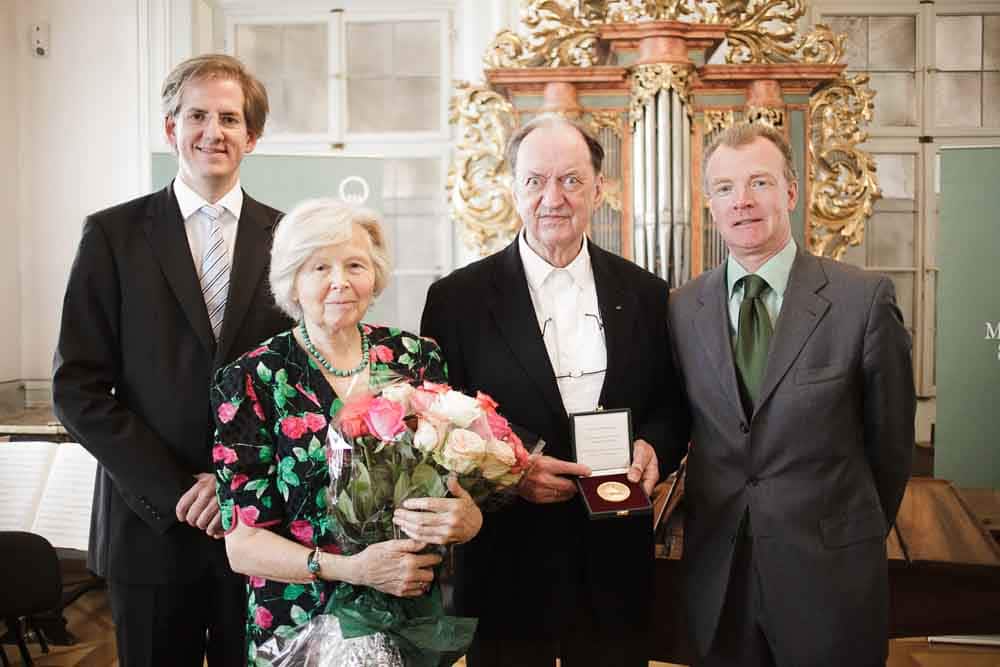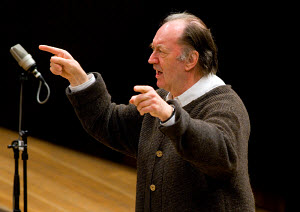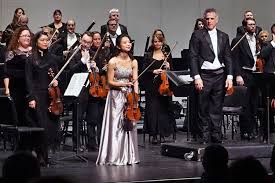Nikolaus Harnoncourt: An exemplary human being
mainThe Austrian period performer and ensemble leader, who died on March 5, aged 86, was one of the gentlest souls ever to achieve success in the combative art of classical music.
A descendant of French Huguenots on one side and of Austrian emperors on the other, he experienced the Hitler hysteria in his hometown, Graz, and decided early on to beware of the dangers of charisma.
Defying family expectations of a career in Church or the law, he studied music and played cello in the 1950s in the Vienna Symphony Orchestra, conducted at the time by Herbert von Karajan but also by such old-world types as Bruno Walter, Josef Krips and Otto Klemperer.
A concern for art and heritage led him to rescue ancient instruments from Viennese junk-stores. He discovered they had to be played differently from the ones he used in the orchestra. His wife Alice shared his enthusiasm. Their friendship with the Gustav Leonhardts in Holland led to the formation of the Concentus Musicus Wien. Together, they recorded the complete Bach cantatas.
The rest is music history.

Harnoncourt was, in my acquaintance with him, a family-oriented, religious, tolerant, mildly spiritual man who struggled to understand why men – and musicians – could be so mean.
He spent half an hour with me agonising over Karajan’s decision to shut him out of Salzburg for 20 years. ‘But we got on well in the orchestra,’ he sighed. Harnoncourt genuinely could not understand how a peacock conductor might take offence at his former cellist getting better Bach reviews than he did.
Alice was always present. She protected him from much of the world’s nastiness and fought his corner with the music industry. At home, they made music with children and grandchildren.
Some disputed his historical interpretations on record, others his stylistic decisions. But Harnoncourt’s informed approach to the Beethoven symphonies opened the ears and hearts of the Berlin Philharmonic and the Concertgebouw orchestras and his influence was felt everywhere in Europe. In the United States he had less impact, and was not much bothered by it, though he was touchingly proud of his cousin Anne d’Harnoncourt, director of the Philadelphia Museum of Art.
I have seldom met a more benign musician. When we first met he pointed out a small anecdotal error in my book The Maestro Myth (which he devoured) completely without rancour. He responded to his own triumphs with humility and to indifference with a shrug. He laughed at the title ‘maestro’. In rehearsal, he was deadly serious, totally focussed, refusing to let go of a phrase until he was satisfied.
He was a wonderfully decent human being. I never heard him utter a malicious word. He seemed to exist in a state of grace.

photo (c) Lebrecht Music&Arts





Comments